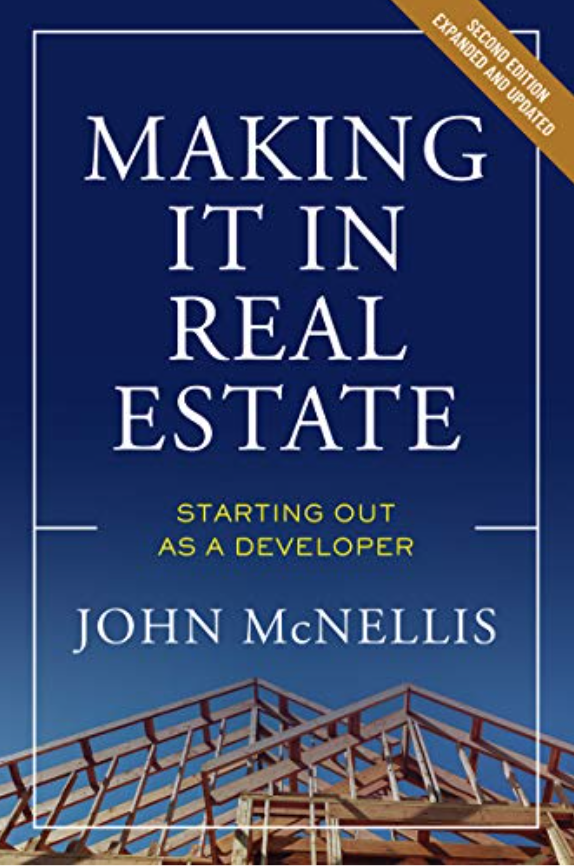Silicon Valley Bank’s overnight collapse cold-plunged us into reality, a grim reminder that nothing is more constant than fear and greed. The bank’s failure has us all scurrying to protect ourselves. We hold an SVB letter of credit as rent security from a start-up tech tenant, and we have an operating line of credit with the bank. Whether we can draw a dime on either today is a coin toss.
Not that we’re ever wholly innocent, but this one isn’t on us—we were shanghaied into SVB. Decades ago, we were happily ensconced with Borel Private Bank & Trust, a small Bay Area bank that understood real estate, was comfortable with California’s astronomic valuations and renowned for swift decisions. Too good to last. Boston Private Bank bought Borel in 2001 and lending decisions began wobbling, coming from the Back Bay rather than the Bay Area. SVB bought Boston in 2021. In two chess moves, we went from cozy lenders to a tech bank that, as far as we could tell, had little interest in mundane shopping centers.
In 2011, I published an essay on the need for multiple banking relationships that hits the SVB coffin nail on the head. It subsequently became chapter 18 of my primer, Making it in Real Estate. Here it is:
A picture of a developer and banker shaking hands could illustrate Wikipedia’s explanation of “symbiotic relationship.” Developers need to borrow and bankers need to lend, despite their occasional issues with regulators. We could almost end this chapter right there, but a few nuances in this often-happy relationship are worth touching on.
Unless the announcement of your birth appeared in the New York Times, you have to get started somewhere and, for successful deals at least, a banker’s money is always the cheapest in town—far cheaper, no matter the interest rate, than giving away half the deal. Yes, rookie developers must part with nearly everything regardless. But with a bit of luck, they may over time be able to decide for themselves how much to rely on banks versus equity partners.
Veteran developers usually argue in favor of partners, noting that you have to personally guarantee bank debt whereas you promise your equity partners nada (at least in the fine print). However, if you are going to feel a moral obligation—forget the partnership agreement’s absolution—to repay your investors, you’re better off guaranteeing bank debt; your ethical and legal obligations are identical and you get to keep all the profits. Also, personal guarantees have the side benefit of focusing your attention on the moment at hand—in this case, your deal’s underwriting. Sooner or later, we all lose money, but perhaps a bit less often when it is our own money.
So, a banker is a successful developer’s best friend. But the first time you try to borrow more than a cup of sugar, your banker will want a committed, monogamous relationship. They will want all of your business. They will shake hands and promise to take care of all your needs; they will lend you every dollar you will ever need. And they will mean it. Your BFF with financial benefits. Here’s the problem—you can’t shake hands with a corporation.
Despite the best intentions in the world, your banker is only as good as the last loan they committed to you. Although they may truly become a close friend over time, likely as not they will quit, retire, be fishing, or be in the hospital the week you absolutely need a loan commitment. Or, their bank will be merged out of existence (this has happened to us four times), be taken over by the Feds (emphasis added 2023), or simply stop making real estate loans.
The solution? You need an open relationship with three bankers at three different banks. That way, the lights are always on somewhere. Will this be without its own sturm und drang? Of course not—for the same reasons an open relationship has never worked for any couple since Adam and Eve: your bankers will hate it. But they will begrudgingly accept it once they understand and accept your legitimate need for a financial backup plan.
Your role then is to nurture that understanding and acceptance. Bankers are sensitive souls. They don’t get out of their offices all that often; their joys are in the neat, the orderly, and the calm. Bankers are a lot like accountants, only with personality. They love nothing better than sipping herbal tea while poring over your spreadsheets, provided, of course, your numbers are handsomely positive. They savor reports showing solid leasing and construction progress; they embrace financial statements with even the merest hint of liquidity.
While easily pleased, bankers are not perfect. They can react badly when startled. The casual mention of a second lien holder’s pending foreclosure—especially one known for months—can be cause for surprising rancor. They can be oddly prickly about not having their calls returned (they have the money, after all) or about receiving a developer’s reply at 6 p.m. on Christmas Eve. And bankers may be at their least charming when confronted with bold-faced lies, displaying far less in the way of patience than, say, a mental health worker. Somewhere along the line, bankers lost their childlike joy in surprises.
Bankers are aware of their senseless, pathological aversion to risk, but, knowing how unhip it is to be wimpy, they hate being reminded of it. They especially hate it when a developer tosses aside their concerns with a chuckling dismissal: “Toxics? No problem, bro. That town already glows in the dark; no one will ever notice our little spill.
The clever developer will make allowances for these personality quirks when maintaining her connection with her banker. But with a little care (under-promising is a time-honored strategy), your new best friend, your banker, will be your pal forever, or at least until they retire, get transferred, or go fishing.






















